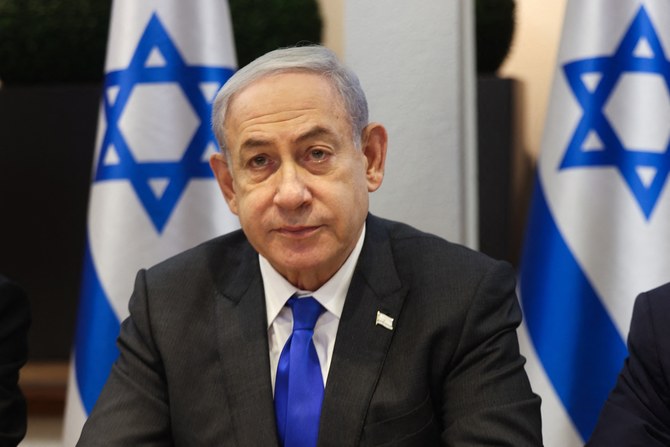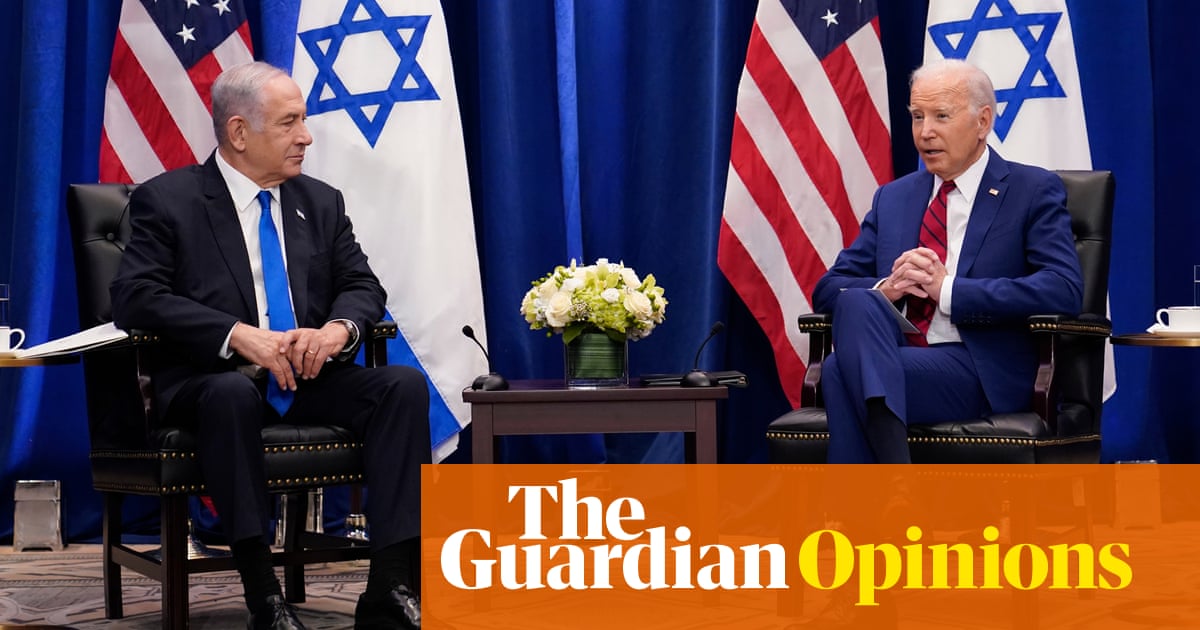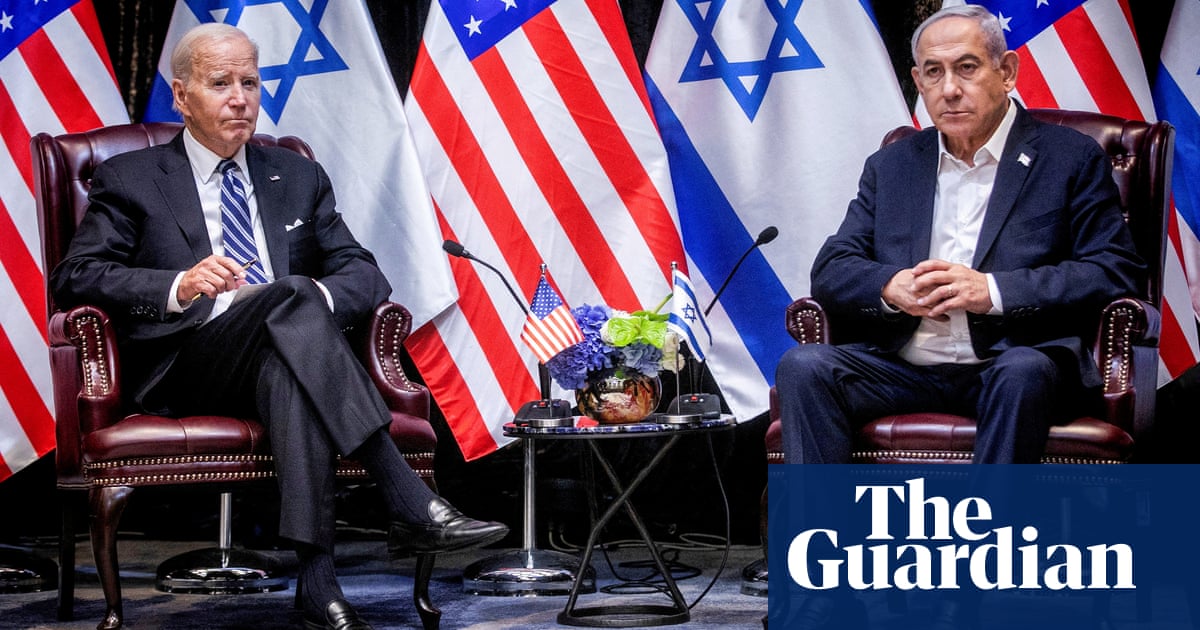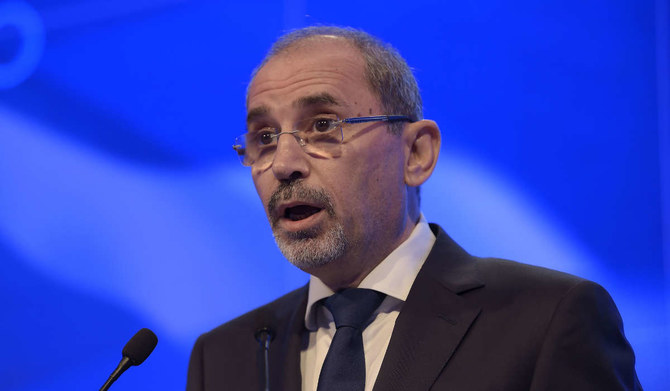
The Israeli government is threatening war with Lebanon. The Americans do not want a strike that could extend the Gaza conflict into a regional war. Hezbollah does not want a war and neither does Iran. But can American diplomacy tame Israeli Prime Minister Benjamin Netanyahu? Especially since most Americans are worried that the US will be drawn into another Middle East conflict.
It is very clear that Iran does not want to waste a valuable asset, Hezbollah, just to support Hamas and the Palestinians. It prefers to keep the group as a front-line defense in case it gets attacked by Israel. This is why Hezbollah is keeping the fight within the rules of engagement.
The US is pressuring Lebanon for it to comply with UN Security Council Resolution 1701. This resolution was put in place to end the 2006 war. It emphasizes that the Lebanese state has to extend its sovereignty to all Lebanese territories, as dictated by resolutions 1559 of 2004 and 1680 of 2006, and put in place the necessary security arrangements. These include the creation of a buffer zone between the Blue Line and the Litani River that is free of all armed elements, except for the UN Interim Force in Lebanon and the Lebanese army, as well as increasing the number of UNIFIL troops to 15,000. UNIFIL should support the Lebanese Armed Forces and coordinate its activities with the Lebanese and Israeli governments.
According to the resolution, Hezbollah should retreat north of the Litani. In 2006, the group complied. However, it started slowly redeploying later on. Two factors helped it extend its presence in the south: the Syrian war and the emergence of Daesh. This meant the army had to relocate troops to Lebanon’s eastern and northern borders. The second factor was related to the country’s financial crisis of 2019. The army’s presence became further diluted, as the budget did not allow for any new recruitment in all state departments, including the military. The less the LAF was present, the more Hezbollah extended its presence.
We can deduct from Israel’s behavior that it is pushing the limits. However, a miscalculation could occur
Dr. Dania Koleilat Khatib
UNIFIL is operating under Chapter VI of the UN Charter, which revolves around the pacific settlement of disputes. Hence, its use of force is limited. These developments led to the loose execution of UNSC Resolution 1701, which increased Israel’s sense of insecurity.
Now, the US has tapped Amos Hochstein, the envoy who was in charge of the successful Israel-Lebanon maritime demarcation talks, to solve the issue diplomatically and prevent a strike on Lebanon.
Hezbollah leader Hassan Nasrallah, in a speech he gave following Israel’s assassination of Hamas politburo member Saleh Al-Arouri in Beirut last week, indirectly opened the door for negotiations by saying this could be an occasion to solve the problem once and for all. Israel assassinated Al-Arouri in Dahiya, a Hezbollah stronghold. Nasrallah has stated before that any assassination in Lebanon was a red line. Israel crossed this red line and yet has so far not faced any massive retaliation.
Following the assassination of Al-Arouri, Israel this week targeted Wissam Tawil, a high-ranking officer in Hezbollah’s elite Al-Radwan forces. He was also Nasrallah’s brother-in-law.
We can deduct from Israel’s behavior that, faced with what it perceives to be a lack of deterrence from Hezbollah, it is pushing the limits. However, a miscalculation could occur. The group could respond all of a sudden. Israel is playing with fire.
Nevertheless, Tel Aviv wants to show that it is strong and can crush its enemies. This is beyond security. It wants to restore the trust that was lost on Oct. 7. Israelis no longer have confidence in their military. They do not think it is capable of protecting them.
Perhaps the main reason Netanyahu wants to prolong the war is that, once it stops, he will have to go to court
Dr. Dania Koleilat Khatib
There is also another reason, perhaps the main reason, Netanyahu wants to prolong the war: Once the war stops, he will have to go to court, and probably to jail. A source told me that Netanyahu wants to continue the war until next year in the hope that Donald Trump will return to the White House. Netanyahu is banking on Trump to keep him in power. Is this true? No one really knows, but it could be a possibility — and a dangerous one. This would mean that Netanyahu wants to extend the war to Lebanon to ensure his political survival.
Can the US prevent such a disastrous scenario? Can it convince Israel to abide by certain security arrangements? Maybe, but not with the soft stand it is currently taking toward Israel. The US was not able to stop Israel from targeting schools, hospitals and places of worship. It was not able to prevent Israel from targeting journalists, doctors and UN personnel. Can it twist the arm of Netanyahu and forbid him from striking Lebanon?
Will the risk involved in conducting such a strike prevent Israel from targeting Lebanon? Lebanon is not Gaza, Hezbollah is not Hamas, and the precision-guided missiles the group has are different from Qassam rockets. Still, the risk and American pressure may not be enough to dissuade Netanyahu.
The dangerous part is Israeli public opinion. The Times of Israel this month published a survey that showed that a slight majority of Israelis, 50.9 percent, are in favor of opening up a front in the north. This could be the perfect excuse the overwhelmingly unpopular prime minister needs to go to war with Lebanon.
This is where American diplomacy should take a firm stand against Netanyahu. It should make sure he is stopped before he makes a miscalculated step that unleashes an all-out war that will destroy Lebanon, hugely damage Israel, have grave repercussions for the region and, most importantly for the White House, temper Joe Biden’s chances of getting reelected.
Dr. Dania Koleilat Khatib is a specialist in US-Arab relations with a focus on lobbying. She is co-founder of the Research Center for Cooperation and Peace Building, a Lebanese nongovernmental organization focused on Track II.












